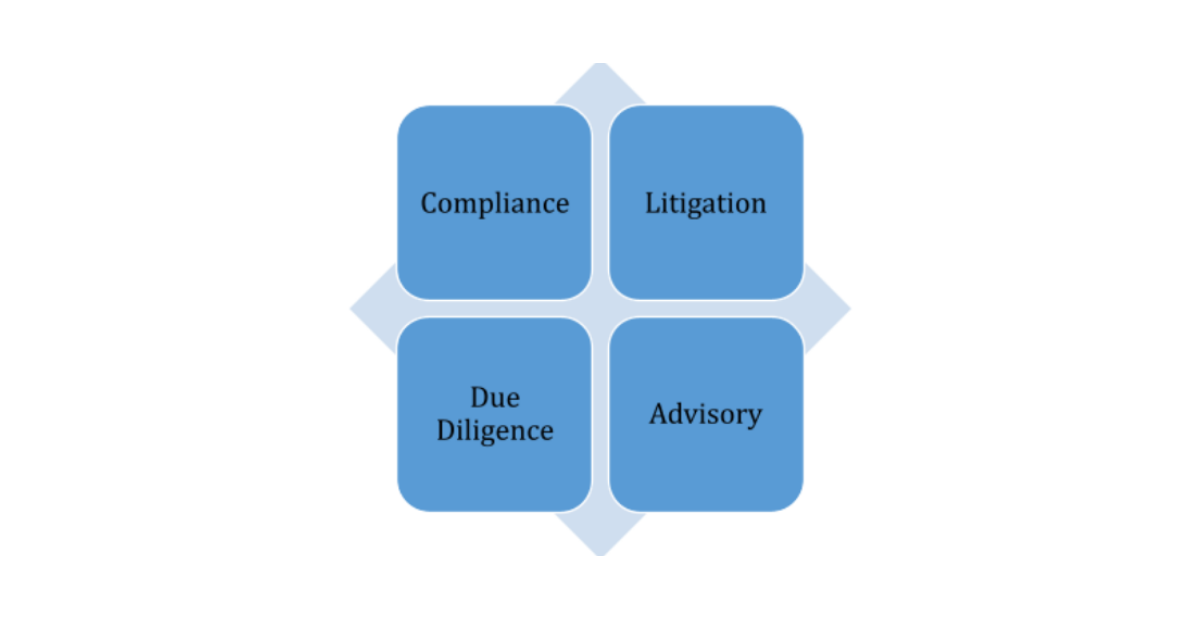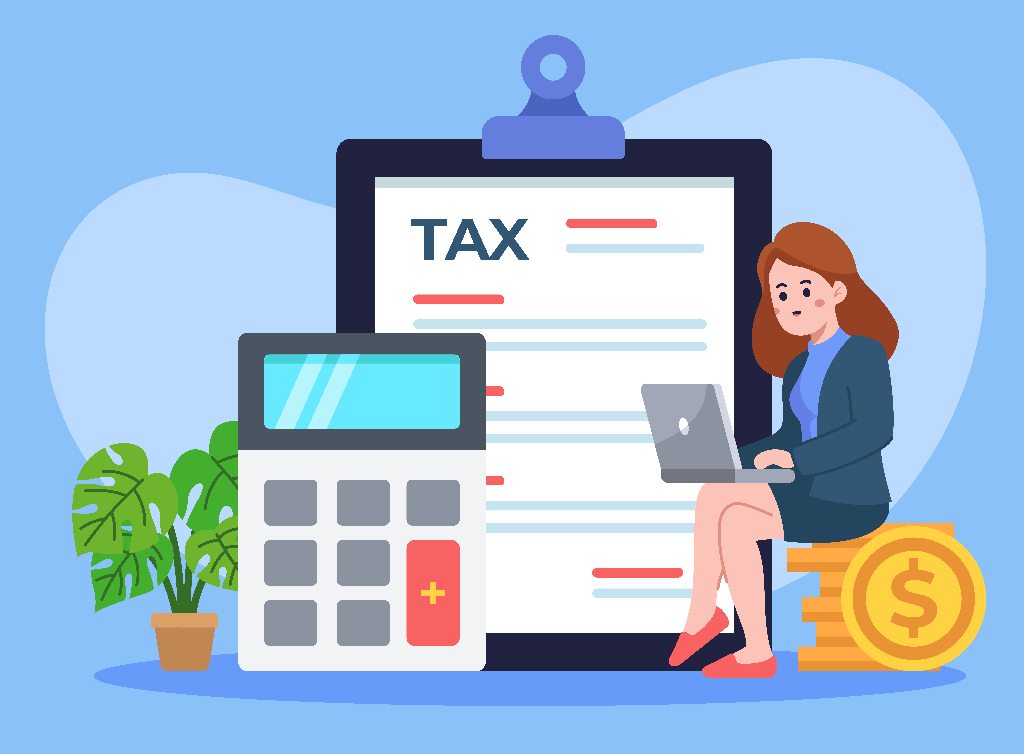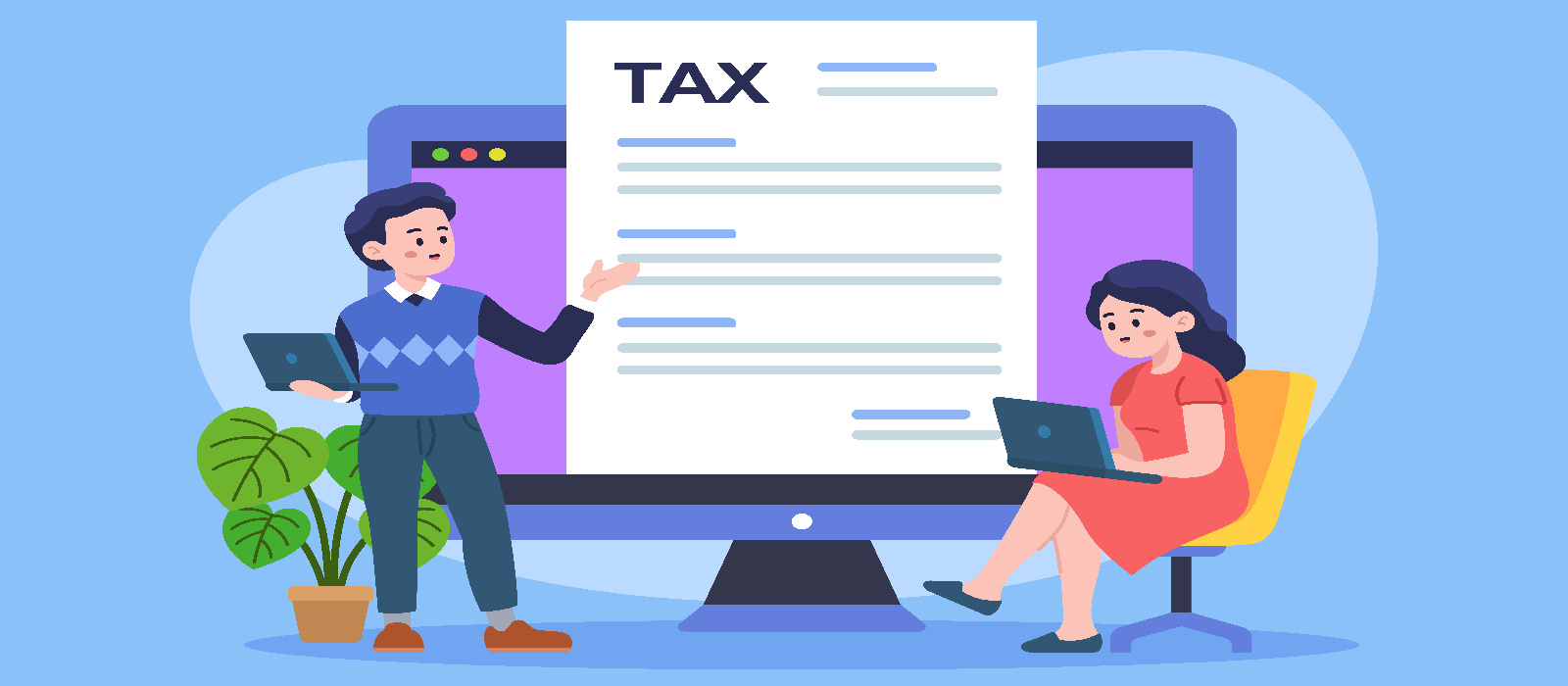
.
Qualifying as a chartered accountant is a journey in itself but the real challenge arises when choosing the right domain for yourself post qualification. The obvious question that arises is what to do next? While many choose their professional journey in a job profile, some go for the practice and the remaining may carry on with some self-employment activities, work on a startup idea, or may even go for further studies. The CA course in itself has vast domains and further sub-domains to choose from as a career option.
Here let’s talk about Indirect tax which has been the talk of the town after GST came into play in 2017. Firstly, we should understand what indirect taxes actually are. Indirect taxes are a levy on manufacturing, supply, and sale, exchange of any goods or services for consideration and even in some cases without consideration. It is a consumption-based tax and therefore, the final burden has to be borne by the final consumer. So, if the tax rate is higher the price for the end consumer would also be higher and vice versa. In the pre-GST regime, it consisted of Central Excise law which was a legacy of the British Raj and was generally referred to as ‘Inspector Raj’, though it was revamped over time.
Then we had service tax law which was levied on rendering services. Third, the major indirect tax was VAT (Value Added Tax) which was collected by State governments on any intra-state sale transactions. Its counterpart for inter-state transactions was CST (Central Sales tax) which was collected by the central government and distributed to respective states. Besides this, we had other miscellaneous taxes levied at various levels from top to bottom of the administrative chain in India. From July 01, 2017, these taxes were subsumed to pave the way for One Nation, One Tax i.e., Goods & Services Tax (GST). So, the major career options in today’s time in indirect taxes are in and around GST itself which are categorized in the chart below:
Compliance:
The compliance under GST involves the filing of returns for various categories of taxpayers on a monthly, quarterly and annual basis as the case may be. This is the basic working domain under GST whether you are self-employed or working for an employer. The foundation of GST was to digitize the process of reporting of value addition across the supply chain and to what is commonly referred to as ‘GST Portal’ developed by GSTN (GSTN is the IT backbone for implementing GST). With the digital divide prevailing across cities in India, the role of chartered accountants as a precursor in providing compliance-related services has increased manifold, and that too when we have more than 2 crores registered taxpayers who have to file approx. 24 returns annually.
Besides the return filing part, another major work coming into play w.e.f. FY 2020-21 is the reconciliation statement of GST and financial statements which have replaced the GST Audits. Though GST Audits have gone now, self-certification would require professional help and more diligence as the onus would be on the taxpayer regarding the statements. On the other hand, the compliance work under GST has been hounding the industry and professionals since its inception and the journey has not been easy with too many reconciliations, too many changes too soon, and the evergreen uncertainty. As I pen down these words, I remember within the first 6 months of its implementation, there were more than 300 notifications, amendments, and so on and so forth. So, the challenging task was and still is to keep yourself updated with changes, not only in law but also on the GST Portal, as the portal has been running a parallel law in itself.
Litigation:
A dream for every tax practitioner. An upscale in the ladder is to move from compliance to litigation. A journey from a routine department requires going into appeals from Appellate Authority to the Tribunal, High Court, and Supreme Court. While the chartered accountants can represent their clients up to Tribunal level, going to High Court and Supreme Court would require an additional qualification of Law. So, either one can gain such qualification on his/her own or may open a multi-disciplinary firm if one is into practicing law. The big consulting firms generally have separate legal teams or associations with leading legal firms/lawyers to represent their cases. The litigation not only requires a precise art of drafting replies and responses but also the behavioral science of handling the government officers. You would observe/have observed in articles that only specific people in the office handle department work or do liaison work.
Building your profile into litigation also requires giving importance to the technicalities of the law, updating yourself with the judgments, advance rulings on a regular basis, and understanding how the law is being interpreted by the revenue authorities as well. One should understand both sides of the coin to come to a reasonable conclusion. In the present times, while the erstwhile regime of excise, service tax, etc. has gone, it has left the legacy of pending litigations. On the other hand, in GST the litigations have just started and have a long way to go with ample opportunities in the foreseeable future. The focus is shifting from a tech-driven GST to people-driven GST. Besides handling litigation from the client side, you can represent government departments as well in various special-purpose assignments.

Due Diligence:
Entities with sound business reporting practices and a sense of law compliance often choose for reviews, GST health check-up or due diligence of their GST records, manner of workings, etc. to plug in any loopholes in their system. Further, due diligence is also done when any merger or acquisition deal is being carried out. Any contingent liabilities or assets might have a significant impact on business valuation, exposure due to non-compliance will also require adequate indemnity, and accordingly, due diligence is sought from tax consultants. The bug consulting firms or the ones with M&A teams have an edge in the market in handling such assignments.
Advisory:
Like litigation, the advisory has also a long way to go. No law is perfect. There are some loopholes, some deficiencies, irregularities, contradictory things which are resolved over a period of time as any law matures and therefore, advisories are sought to understand the complex issues involving indirect tax issues. In the initial years of your career, less advisory work might be there as experience in handling complex issues is required. However, exceptions can be there subject to work experience and other ancillary aspects. As your profile matures, likewise in litigation, the advisory profile is a good area of building your career not only in private sector entities but in the PSUs as well.

The Road not taken: Custom law
While GST might have grabbed all the audience, another important and more complex area is the custom law which involves international transactions of export and import. There are very few consultants working in this domain and accordingly there lies ample space to develop your expertise in custom issues. These might involve gaining expertise of India’s Foreign Trade Policy, the valuation and chargeability aspects of custom duty or the international transactions between related parties. While the government is trying to bring a technology revolution in customs administration, still many things are bureaucracy driven and require a personal touch for getting the things done.
Conclusion
While every field has its own set of pros and cons, it is very important to understand your individual identity before choosing the relevant one for you. While some can be good at drafting, others may be good at numbers or doing audits. No career choice is good or bad, it is more important to understand what matches your personality.
Similar Blogs
Learning lessons, study tips, career guides and much more!
Equity Valuation Demystified: Your Guide to Analyzing Stock Reports
Equity valuation is a process of assigning a value to a firm’s stock. An equity research report is a form of communication which aims to…
The High Cost of Neglecting Essential Finance Metrics for Your Business
Catalyse your business’s growth with the power of finance metrics. From profitability indicators to industry-specific measures, discover how monitoring the right numbers can transform decision-making….



